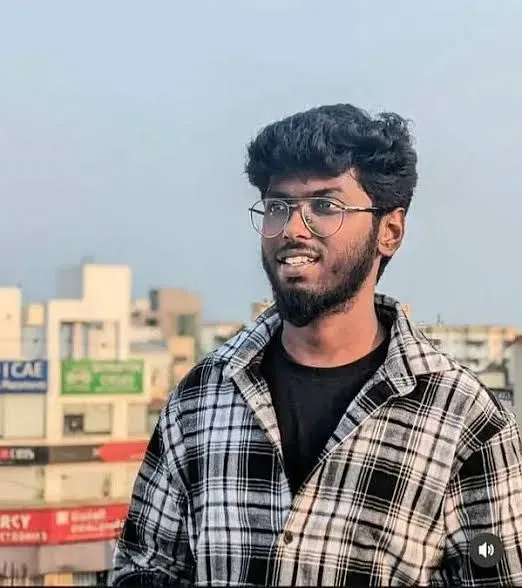Is There Police Involvement in the Honour Killing of a Dalit Techie in Tamil Nadu?

Synopsis
Key Takeaways
- Police Allegations: Claims of police officer involvement in Kavin’s murder.
- Caste Dynamics: The role of caste in the relationship led to violence.
- Panchayat Pressure: The Inspector allegedly pressured Kavin through a caste panchayat.
- Judicial Action: Surjith has been remanded to custody.
- Public Outcry: The incident has ignited calls for justice and reform.
Chennai, July 31 (NationPress) The father of Kavin Selvaganesh, a 27-year-old Dalit software engineer who was brutally murdered in Tamil Nadu's Tirunelveli, has claimed that a local police officer was directly involved in this suspected honour killing.
He has accused Palayamkottai Inspector Kasi Pandian of conspiring with the main suspect, Surjith, and aiding in the murder.
In a statement to the media, Kavin's father alleged that the Inspector not only informed Surjith about his son’s travel schedule but also issued threats to Kavin to end his relationship with Surjith's sister, who belongs to an intermediary caste.
He further claimed that the Inspector orchestrated a caste-based panchayat to pressure Kavin to break off the relationship and even sent him death threats via phone.
“He is not a police officer; he is a gang leader,” said the distraught father, calling for the immediate suspension of Kasi Pandian.
The father alleged that the Inspector had strong ties with the accused's family, as both of Surjith's parents are police Sub-Inspectors, having worked in the same department.
Moreover, he stated that the Inspector coerced Surjith into surrendering after the murder to mitigate the fallout.
This is not the first instance of such allegations against the officer; in 2023, he faced similar accusations regarding a caste panchayat linked to the murder of BJP functionary Jagan.
Authorities reported that Surjith lured Kavin to his residence on July 27 under the guise of a discussion.
Believing Surjith, Kavin accompanied him on a two-wheeler, but midway, Surjith allegedly attacked him with a sickle.
Despite his attempts to escape, Kavin was overpowered and murdered.
Surjith has been placed in judicial custody for 14 days.
The victim's family has refused to accept his body from the Tirunelveli Medical College Hospital until Surjith's mother, Krishnakumari, who is absconding, is arrested.
Surjith's father, also named in the FIR, has been taken into custody.
In response to the rising outrage, the Tamil Nadu Police transferred the case to the Crime Branch-Criminal Investigation Department for a thorough investigation.
Authorities have also charged Surjith under the stringent Goondas Act, citing risks to public order.
This incident has sparked widespread condemnation and revived calls for stringent measures against caste-based honour killings in the state.










